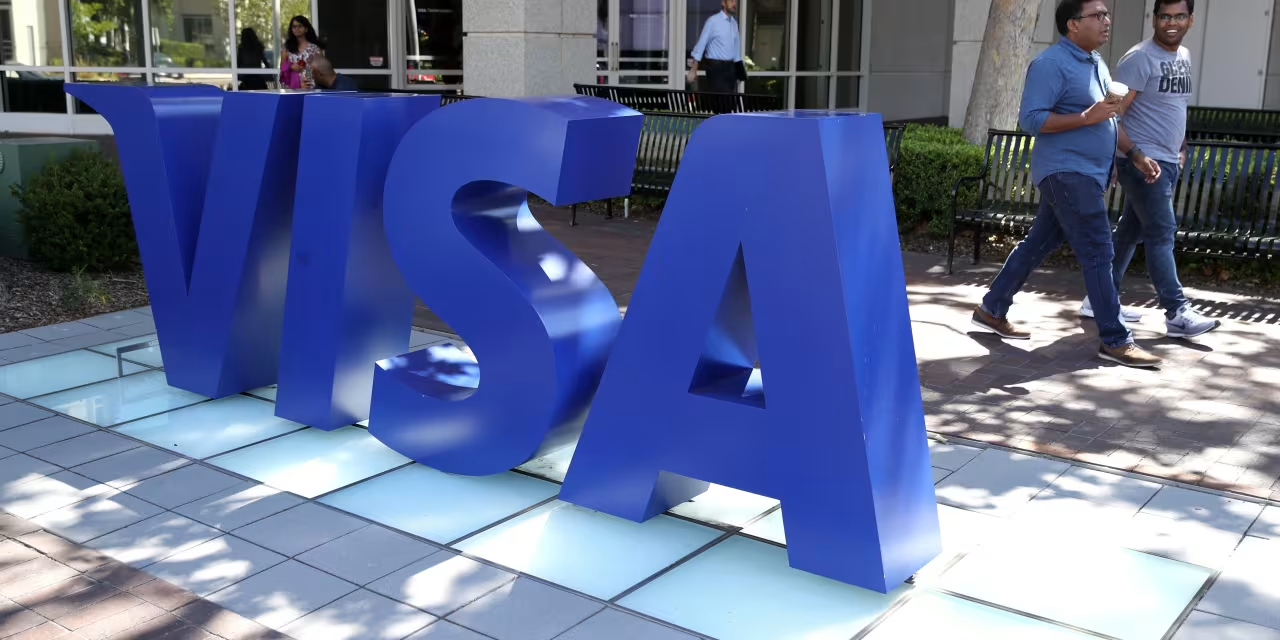Payments giant Visa has shut down its open-banking business in the United States, marking a significant shift in its strategy as disputes intensify between traditional banks and fintechs over access to consumer financial data.
Why Visa Pulled Back
Visa’s U.S. open-banking unit had provided fintech companies with tools to access bank data, helping streamline customer onboarding and money transfers. But growing resistance from major banks has created uncertainty about the future of open banking in the country.
A recent Bloomberg report highlighted that JPMorgan Chase warned fintechs they may face steep fees to access its customer data. Similarly, PNC Financial’s CEO Bill Demchak suggested his bank could follow a similar path.
Banks argue these charges are necessary to cover the cost of securely managing and delivering customer information. Fintechs counter that the data belongs to consumers, and that bank-imposed fees could cripple innovation and business models dependent on open access.
Industry Pushback and Comparisons
The proposed fees have already drawn criticism. Venture capital heavyweight Andreessen Horowitz’s Alex Rampellcompared the situation to “Operation Chokepoint 3.0,” a reference to past regulatory actions accused of restricting certain industries’ access to banking services.
Visa’s Strategic Pivot
While retreating from the U.S., Visa emphasized it is doubling down on markets where open banking is more advanced—Europe and Latin America. In Europe, regulators require banks to share customer data with licensed third parties, creating a more structured environment for innovation. By contrast, the U.S. has lacked such mandates, leaving fintechs to negotiate access with individual banks.
However, regulatory clarity may soon be on the horizon. The Consumer Financial Protection Bureau (CFPB) has begun rewriting rules around consumer control of personal financial data, aiming to establish a clearer framework for data-sharing between banks and fintechs.
Strategic Implications
Visa’s withdrawal highlights a larger issue: the fragmented state of open banking in the U.S. Without a regulatory mandate, adoption relies heavily on private agreements, making the landscape unpredictable for fintechs and investors.
For Visa, the move reflects a pragmatic focus on regions where regulatory structures support growth, while avoiding prolonged disputes in markets where banks hold more leverage. For U.S. fintechs, however, the closure could be a setback—forcing them to find alternative pathways to customer data at a time when user demand for seamless financial experiences is rising.
Partner With Us
Want to feature your brand, business, or service on 365247 — Whether you’re looking to sponsor, collaborate, or build presence within our ecosystem, we’d love to explore it with you.
Submit your interest here
IMAGE: Getty Images


